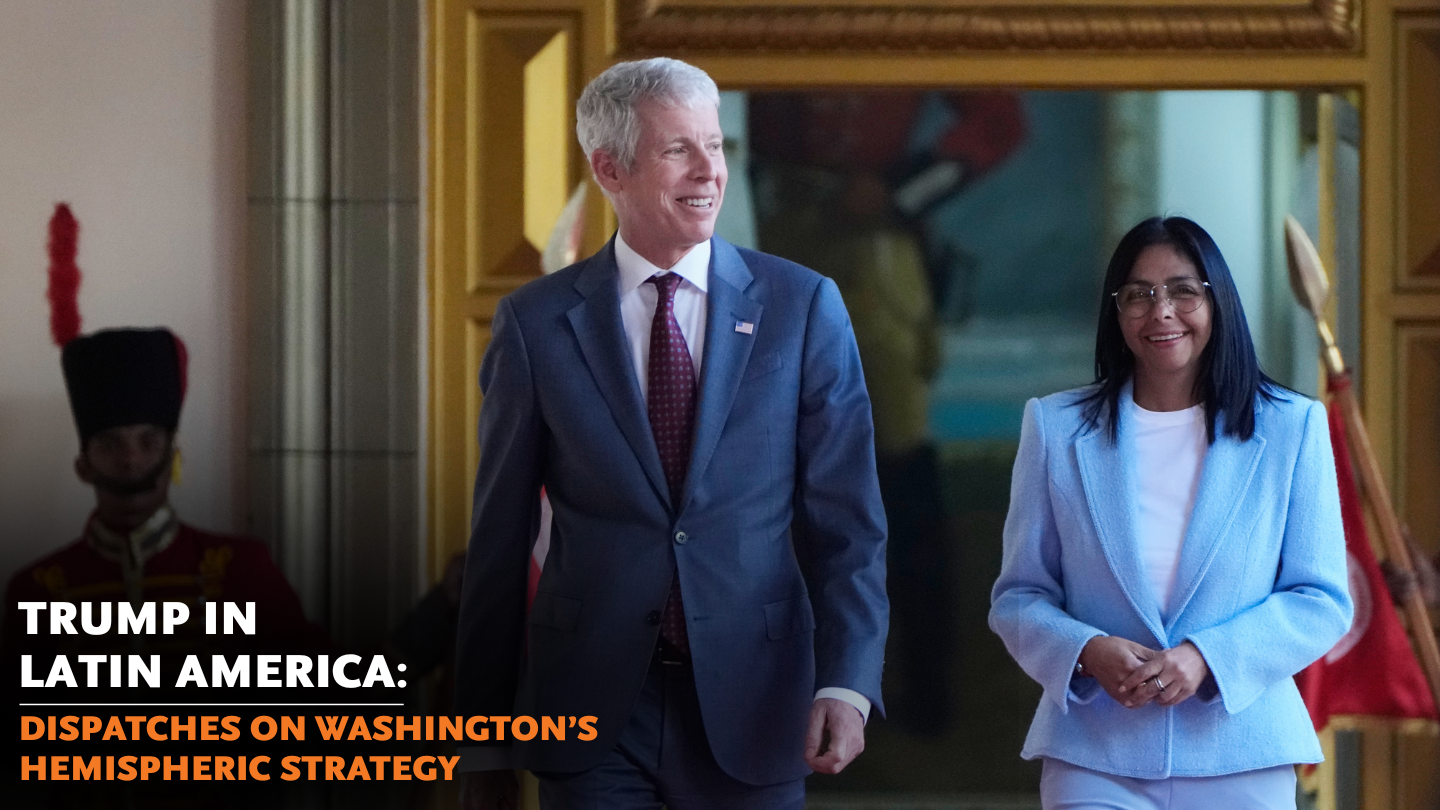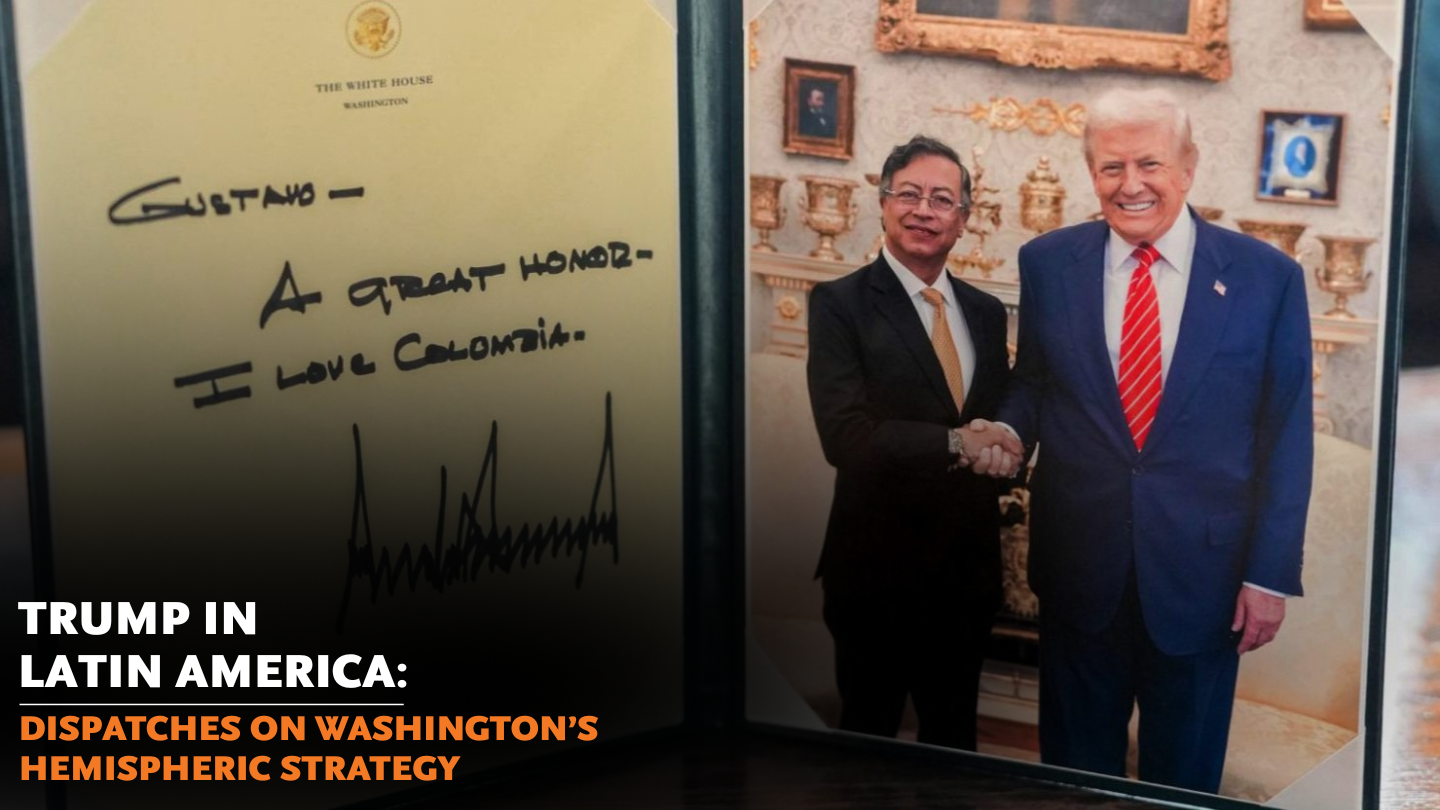Another Look at Obama's Trip to Latin America
Another Look at Obama's Trip to Latin America
Sure, President Obama’s trip hit all the right symbolic notes, but will it produce any meaningful, concrete results over the long term?
Typically, it takes time to gauge the full effect of a presidential visit, and the March visit by President Barak Obama to Brazil, Chile, and El Salvador is no exception. If anything, because of the controversy that ensued over whether Obama should have taken the trip in the first place and because it was his first state visit to the region (previously he had traveled to Trinidad to attend a regional summit), it has taken longer than usual for the dust to settle and get a clear view of what was accomplished, both symbolically and substantively.
Few would quarrel with the fact that the trip was symbolically effective, an objective made easier in this instance by the earthquake, tsunami and looming nuclear crises in Japan and the multilateral decision to militarily defend opposition forces in Libya. These events enabled the Administration to contend in words, as well as in deed, that it was not going to let its important agenda in the region be derailed by troubles elsewhere. Certainly, little can be faulted with Obama’s headline speech in Santiago. It hit all the right notes in acknowledging the economic dynamism of the countries visited, heralding the democratic examples that they offer to the rest of the world, and welcoming their new role as global stakeholders. The photo ops were also a hit with the locals, whether it was of Obama visiting the slums of Rio de Janeiro or the tomb of the murdered Archbishop of El Salvador, Oscar Romero.
Access the full story at AmericasQuarterly.org.
Miguel Diaz served as a professional staff member with the U.S. House Intelligence Committee from 2008 until 2011. He also worked as the director of the South America Program at the Center for Strategic International Studies from 2001 until 2005 and as a senior economist for Nikko Research Center, Inc. in the late 1990s.








